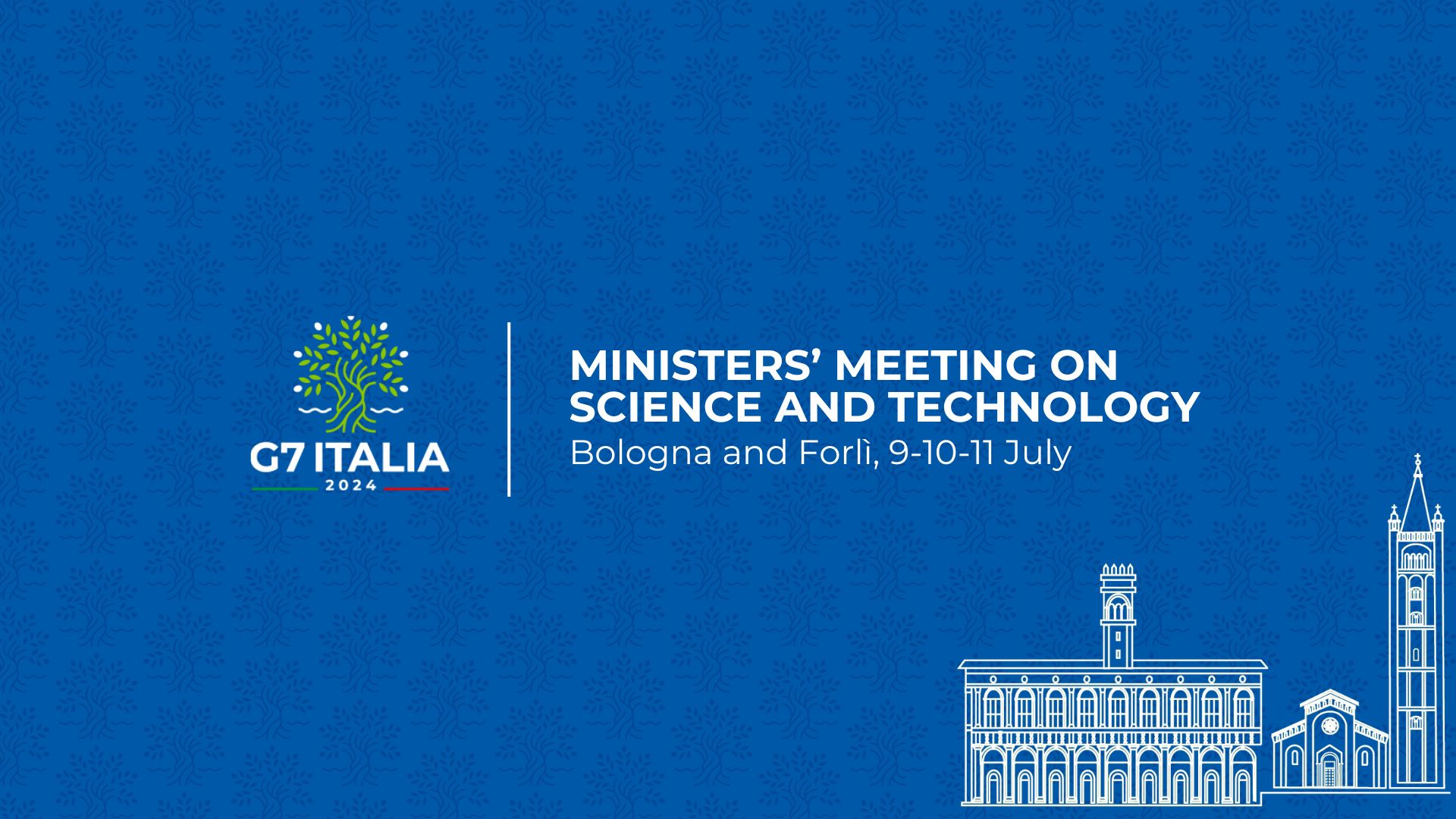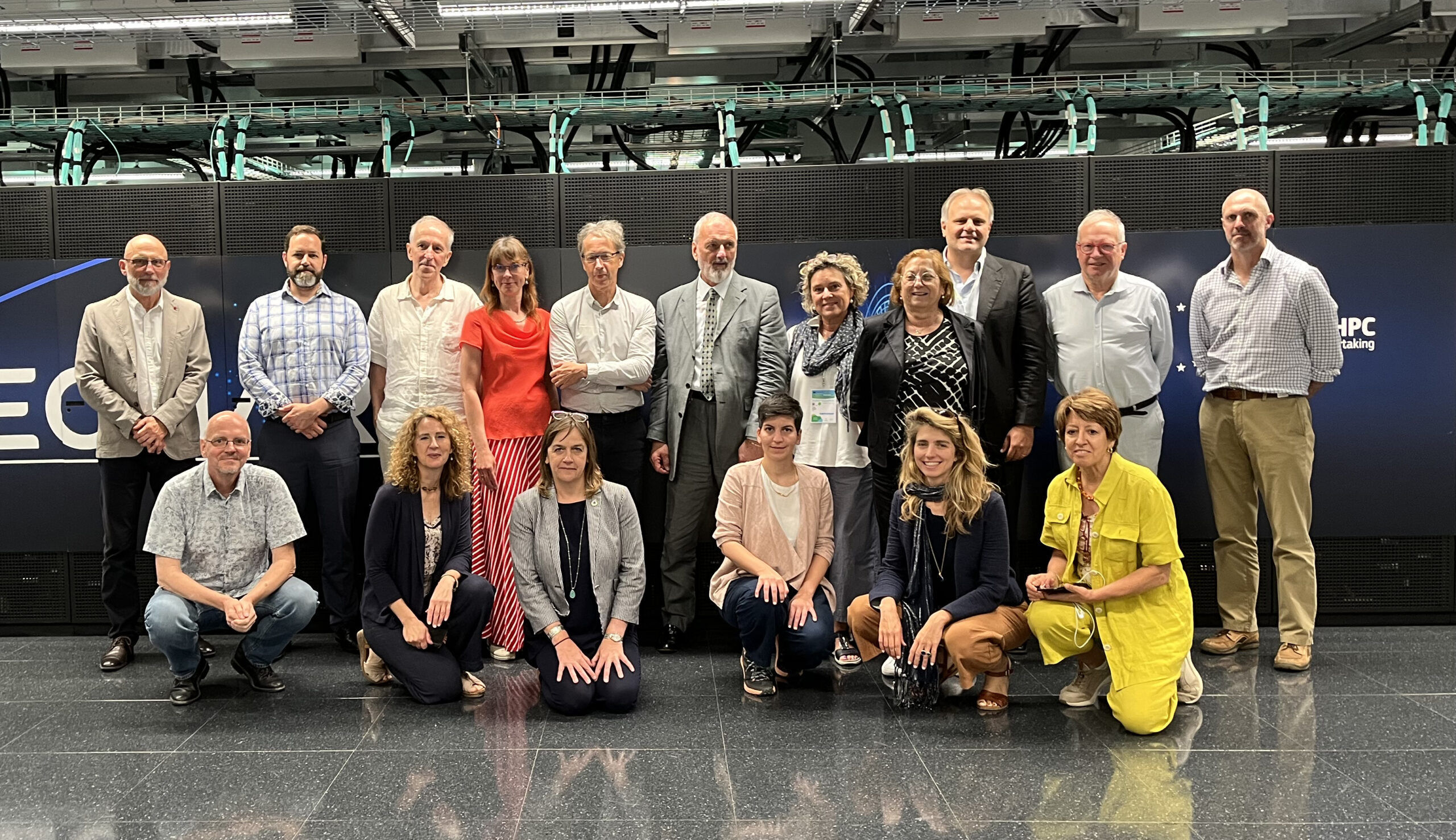
G7 Science and Technology Ministers’ Meeting Communiqué 2024
The G7 Science and Technology Ministers’ meeting took place in Bologna and Forlì, Italy, from 9 to 11 July 2024, convening Ministers and Heads of Delegation from Canada, France, Germany, Japan, Italy, the United Kingdom, the United States, and the European Union. The meeting discussed the pivotal role of science, technology, innovation, and higher education in contributing to a sustainable future, aligned with the shared values of democracy, respect for international law, and the promotion of human rights, fairness and freedom and ended with the adoption of a final Communiqué.
To face our current challenges, we need to foster stronger collaboration among likeminded countries. This meeting reaffirmed our shared commitment to promote progress in research and innovation, aligned with the principles of openness, security, freedom and integrity. The European Commission stands firmly with our G7 partners in advancing these shared goals. Together, we are committed to harnessing the power of science and technology to create a more sustainable, secure and inclusive future for all. – Iliana Ivanova, Commissioner for Innovation, Research, Culture, Education and Youth (DG RTD news article, 11 July 2024)
In the Communiqué, the G7 acknowledged the importance of sustaining comprehensive global ocean research and observations of the physical, biogeochemical, biological and ecological properties of the seas and ocean. This includes the use of research and survey vessels, Argo floats, fixed and autonomous platforms, satellites, and other ocean observation facilities based on international collaboration and coordination. Furthermore, it is crucial to fill data and research gaps in areas such as climate change and the carbon cycle, biodiversity loss and ecosystem restoration, and pollution to better understand the ocean-climate-biodiversity nexus.
The Ministers recognised the significance of strengthening international partnerships and infrastructures towards building Digital Twins of the Ocean for sharing of observational data and generation of value-added information such as analyses, forecasts and “what-if scenarios”.
Emphasising the significant impact of climate change on the Arctic and Antarctic regions, the G7 reiterated the growing importance of polar research in addressing these challenges. Following a recommendation by the EU, G7 Ministers stated that more in-depth research on marine ecosystems and oceans health, as well as their interactions with the general functioning is urgently needed, considering the growing interest in deep-sea resources and the potential impacts of activities such as mining.
The G7 affirmed support to the implementation of the United Nations Decade of Ocean Science for Sustainable Development (2021-2030). In particular, the further development of concrete G7 strategies based on policy papers such as the “G7 Ocean Decade Navigation Plan” and the “G7 Ocean Deal” to connect science to policy, translate knowledge into action, and ensure a sustainable, resilient, and productive ocean economy.
In essence, the Ministers recognise the need to reinforce and enhance collaboration among G7 members on the above domains and commend the achievements of the G7 Future of the Seas and Oceans Initiative (FSOI) Working Group, endorsing its name change to “G7 Future of the Seas and Ocean Initiative” in recognition of the concept of “One Ocean”. Furthermore, the G7 supports the FSOI’s revision of the action areas description to reflect the scientific-technological evolution and promote the sharing of best practices from existing initiatives in line with the current G7 commitments and the G7 FSOI Working Group.
11 July | G7 High Level Conference on Mediterranean and Atlantic Ocean Health and Coastal Resilience
Following the Ministerial, the G7 High Level Conference on Mediterranean and Atlantic Ocean Health and Coastal Resilience took place on 11 July 2024, organised jointly by the G7 Presidency, and the European Commission under the auspices of the EU Mission “Restore our Ocean and Waters” (Mission Ocean). the event was attended several G7 Ministers, representatives from the European Commission and related Mission Ocean initiatives. At the event, Italy formally endorsed the Charter of the Mission Ocean and committed to initiatives focused on restoring water bodies. Ministers and representatives from G7 nations, the European Commission, the African Union, Croatia, Morocco, and Spain shared insights on their respective countries’ sea and water management efforts. The conference ended with engaging panel discussions featuring EU project members, national organizations, and NGOs and a closing ceremony by Elisabetta Balzi, Head of Unit for Ocean, Seas, and Waters at the European Commission.
The conference showcased international efforts, progress and innovative solutions in monitoring, restoring and regenerating the ocean, seas and coastal areas, addressing three relevant fields of action in the G7 Science and Technology track: i) Research and Innovation initiatives to promote the restoration and regeneration of marine ecosystems and their biodiversity; ii) Digital Twins and emerging technologies for advanced ocean ecosystem monitoring and assessment; iii) Cooperation with low- and middle- income countries, especially Africa.
Topics covered strategic mobilisation initiatives involving G7 countries, with particular focus on the Mission Ocean, the Sustainable Blue Economy Partnership, the All-Atlantic Ocean Research and Innovation Alliance, and the Partnership for Research and Innovation in the Mediterranean Area (PRIMA) and the European Digital Twin of the Ocean Initiative.
12 July | G7 FSOI Workshop on Marine Research Infrastructures integration and harmonisation
Following the Ministerial meeting, on 12 July the G7 FSOI working group organised a closed workshop dedicated to leveraging the potential of marine research infrastructures for sustained ocean observing as part of the group’s emerging topics 2024. The workshop gathered representatives from national agencies or ministries who finance ocean observing networks, leading experts and/or managers of national or regional marine research infrastructure/observing networks, Global Ocean Observing System (GOOS) national focal points, and relevant experts from the Group of Senior Officials on Global Research Infrastructures to provide advice on how other global research infrastructures have been established and operated.
At the 2024 Ocean Decade Conference in Barcelona, it was highlighted that a coordinated effort is vital for integrating and connecting various research infrastructures and national ocean observing systems. This is necessary to effectively utilize the numerous diverse oceanic observing systems for multiple critical purposes, including monitoring the state of Seas, Ocean, and Earth, as well as providing high-level observations and predictions for policy development and decision-making.
Led by Italy, the workshop aimed to identify consensus among G7 members and the EU on the definition of Research Infrastructures, the priorities and actions for establishing shared, integrated, and harmonised research infrastructures within and among nations, a crucial element for the sustainability of observing and predicting systems. Rosalia Santoleri – GOOS Italian Focal Point and lead organiser of the G7 FSOI Marine Research Infrastructure workshop
Specifically, the workshop serves to contribute to the FSOI’s work to:
- Map the G7 member ocean observation systems sustained by Marine Research Infrastructure funding or other forms of long-term infrastructure investment.
- Assess current limitations for transition to sustained funding for ocean observations, drawing on lessons learnt from national approaches.
- Map existing common services that are shared within and between networks. Barriers that limit global infrastructure sharing and integration opportunities to draw on best practices
- Define action to progress towards a common vision and strategy for the integration and harmonisation of national infrastructures into a global/international research infrastructure focusing on next steps for 2025.
A summary of the workshop findings and recommendations will be presented at the 2024 G7 FSOI working group annual meeting on 29 to 31 October in Rome. These recommendations and eventual agreements on coordinated actions will contribute to the FSOI Working Group report to the G7 Science and Technology Ministers.

Participants at the G7 FSOI workshop on marine research infrastructures integration and harmonisation
More information
- G7 Science and Technology Minsters’ Meeting Communiqué 2024: https://www.g7italy.it/wp-content/uploads/G7-Science-and-Technology-Ministers-Meeting-Communique.pdf
- European Commission news article, “G7 agree to strengthen open and safe international science cooperation” – https://research-and-innovation.ec.europa.eu/news/all-research-and-innovation-news/g7-agree-strengthen-open-and-safe-international-science-cooperation-2024-07-11_en
- Workshop on Marine Research Infrastructures integration and harmonization: https://www.g7fsoi.org/workshop-on-marine-research-infrastructures-integration-and-harmonization/
- G7 Future of the Seas and Ocean Initiative website: www.g7fsoi.org




